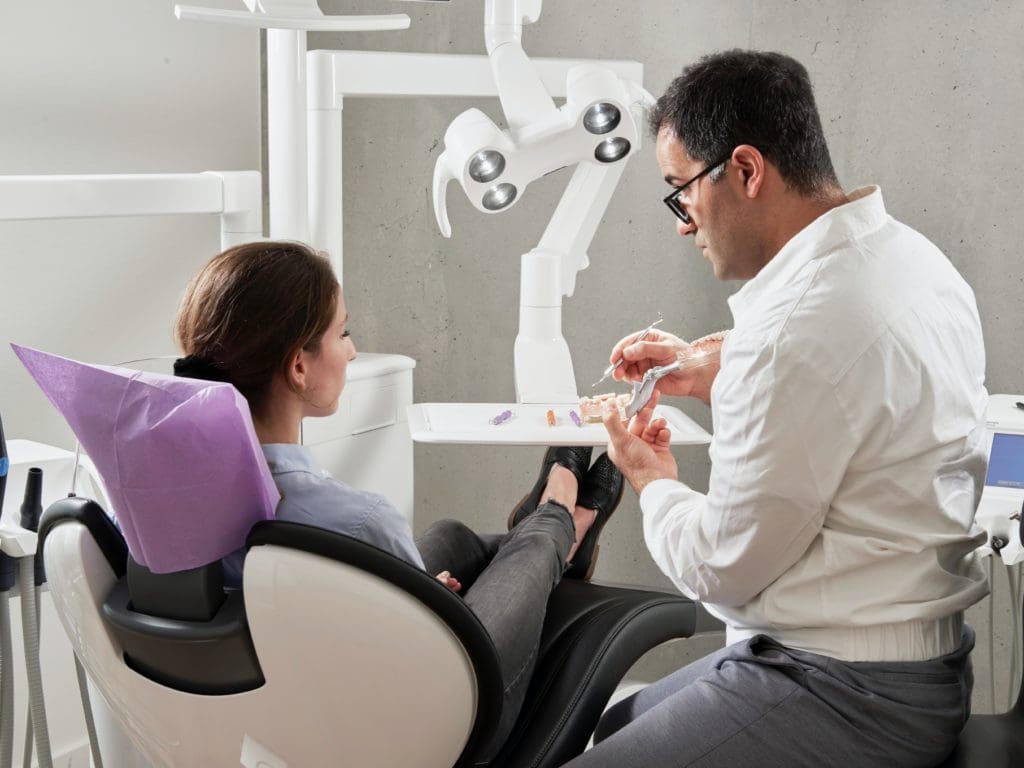Oral health plays a vital role in our lives, especially in chewing and digesting food the body needs to survive. Maintaining good oral health provides healthier dental care that can decrease tooth decay risks and many other serious conditions. But as people age, some unavoidable oral problems may occur, including impacted wisdom teeth.
Wisdom teeth, also called the third molars, are the toughest and the last adult teeth to erupt in the mouth. Commonly, most adults have four wisdom teeth located at the very back of the mouth, two on the top and two on the bottom.
In most cases, wisdom teeth can emerge abnormally, causing them to be impacted. Thus, there is a need for treatment and necessary action with the help of a dentist.
Impacted Wisdom Teeth and Causes
Impacted wisdom teeth can occur when the teeth do not erupt in their proper alignment and position. Other causes include the lack of room for the teeth to emerge or the teeth being trapped in the gums or jawbone. The emergence of impacted wisdom teeth can cause pain, discomfort, and various oral health problems. These oral problems may include tooth decay, gum diseases, infection, and other dental complications.
Although non-impacted wisdom teeth may emerge without causing apparent pain in some cases, the inability to clean them easily still shows a significant risk for tooth decay. Thus, the need for removal. But how common are impacted wisdom teeth among adults?
In the U.S, the data presented by the American Association of Oral and Maxillofacial Surgeons, over 90% of Americans have experienced having at least one impacted wisdom tooth.
Similarly, in Australia, impacted wisdom teeth are common to people ages 18-25, leading to many complications. Thus, wisdom tooth extraction and removal procedures offered by dental clinics in metropolitan cities like Sydney, Perth, Queensland, Brisbane, and more are easily accessible to patients to provide proper consultation, examination, and treatment.
Symptoms
Impacted wisdom teeth may or may not cause noticeable symptoms unless the tooth and surrounding teeth are already damaged and infected. Depending on the condition of the teeth, the symptoms may occur gradually or suddenly.
Some of the common symptoms one can experience include the following:
- Swollen and bleeding gums.
- Painful and swollen jaw area.
- Bad breath
- Difficulty opening the mouth.
- Headache
Treatment
As mentioned above, one of the common treatment options commonly done for people with impacted wisdom teeth is extraction and removal procedures. But before deciding on removing your impacted wisdom teeth, it is first necessary to talk with a dentist. You should first undergo a proper consultation and examination, like an x-ray of your mouth, to see if an extraction is needed.
When should an impacted wisdom tooth be removed? Dental and medical professionals should agree to remove impacted wisdom teeth if it already causes infections and diseases, unrestored cavities, gum diseases, damage to other teeth, and causing severe complications like tumors and cysts.
A cyst and tumor formation are possible as a wisdom tooth can develop a fluid-filled sac. This condition can lead to damaging the jawbone, as well as the teeth and nerves. In case a benign or noncancerous tumor develops, tissue and bone must be removed. This rare kind of tumor is called Amelobastoba.
Before and During the Procedure
Before the impacted wisdom teeth removal, an oral surgeon will thoroughly discuss the procedure with you. During this time, it is crucial that you effectively communicate with them the information about other illnesses you have or medication intakes, if there are any. Moreover, you can also ask questions and clarify things you have in mind.
During the procedure, the patient will be recommended anesthetic options, depending on what may be needed. The patient may be given either local anesthesia, sedation anesthesia, or general anesthesia. The procedure may last for about 30-60 minutes.
Recovery
Like any other recovery from surgery procedures, the normal healing process of impacted wisdom teeth extraction may include pain, swelling, and discomfort.
Of course, medication and remedies like cold compresses may also be prescribed to ease the pain and help achieve faster healing. During recovery, you may also be required to follow a diet plan until you are ready again for regular food intake.
Conclusion
Preventing impacted wisdom teeth is close to impossible. But know that wisdom teeth may not be removed if they have fully erupted in the correct position, are properly functioning, cavity-free, and have no effect on the gums. However, it must still come with proper care, regular cleaning, and checkup by a dentist to maintain oral health and hygiene.
But if you experience symptoms of impacted wisdom teeth, it is always better to talk with a dentist, oral surgeon, or medical professional. Removing it earlier is helpful to avoid developing severe oral and dental issues that can affect your overall oral health.

